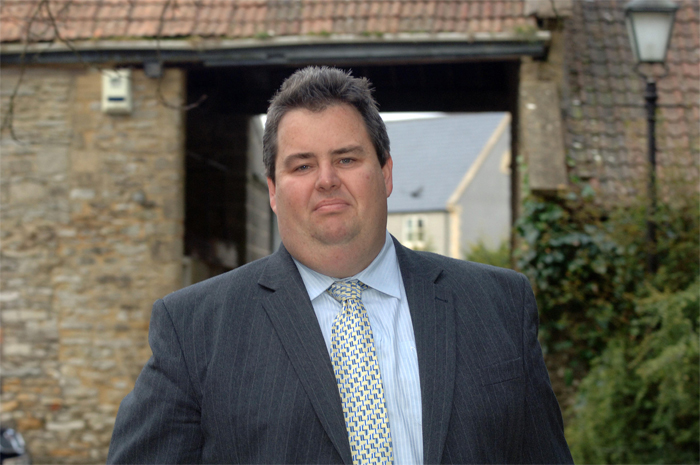
Harvest is complete for another year, and many farmers will be considering replacing their combine – but timing is critical if they are to minimise tax liabilities.
The post-harvest period is always a key time for disposing of older machines to release capital, with many manufacturers also keen to do deals and secure orders for next year’s crop, says Mike Butler, director of rural services at Old Mill accountants.
“As soon as farmers know how productive their harvest has been, attention naturally turns to cash flow and, in the longer-term, tax relief.”
In good years, where yields are high and prices firm, farmers will be keen to invest and, by doing so, reduce income tax liabilities through the use of capital allowances. But the timing of those investments is critical. “The 2013 season has been difficult for many arable farmers, following the appalling weather conditions last autumn,” says Mr Butler. “But some crops have fared remarkably well, and where profits have been made, farmers will rightly be looking to invest.”
If a business has a September year-end, then the September 2014 accounts will capture the majority of the crop sales from this summer’s harvest. “A combine bought now, to use next summer, will qualify for Annual Investment Allowance, enabling up to £250,000 to be written down against this year’s profits.”
However, a business with a 31 March year-end may not find it so simple to offset its profits. “Again, most of the harvest 2013 sales are likely to fall into the March 2014 accounts,” says Mr Butler. “But to secure tax relief, new machinery must be brought into use in the same year.”
In most cases, a farmer purchasing a combine outright within the current tax year will be able to claim the full capital allowance. However, if they take out a finance agreement, the rules are far less straightforward – particularly if the machine is delivered to the farm in the following tax year.
“Any payments made before 31 March 2014 will most likely be eligible for capital allowances, but later payments will fall into the 2014/15 tax year,” says Mr Butler. “This may be useful, where farmers have minimal profits to write off this year, and anticipate better results next harvest – but those with large profits this season will not be able to use capital allowances to such a full extent.”
Furthermore, many farmers may be looking to sell combines now, but not replace them until next year, which has additional tax implications, he warns. “Remember that you could well be recording a sale in your books this year, and so will suffer a negative capital allowance position - yet you won’t be able to claim allowances on the new machine until next year. That is a double whammy, which could cost you many thousands of pounds in tax from a cash flow perspective.”
